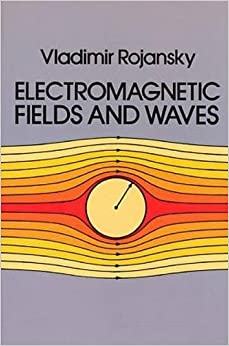Question
A blue bird and a red bird are initially sitting atop two different trees while a hunter (represented by the arrow) is watching them from
A blue bird and a red bird are initially sitting atop two different trees while a hunter (represented by the arrow) is watching them from below. The hunter only has 1 arrow and needs to shoot both birds at the same time. If at time = 0 both birds take off from the treetops: The first bird has an initial velocity in the x-direction of 0x and a constant acceleration in the x-direction of 0x and the second bird has an initial velocity in the x-direction of 02 and no acceleration in the x-direction. Also, both birds have neither acceleration or velocity in the y-direction. Assuming that the speed of the arrow is such that when it is fired it moves in a straight line (i.e. you can neglect gravity) and it will strike both birds simultaneously:
Plot the position in the x-direction as a function of time for both birds on the same co-ordinate system (the plots do not have to be exact). b) Write down the equations of motion in x and y directions for bird 1. c) Write down the equations of motion in the x and y directions for bird 2. d) Using () and () to represent the position vector of birds 1 and 2, respectively, write down the components of the position vector for both birds in parenthesis format. e) Write an equation using the tangent of the position vectors that describes when the hunter should release the arrow. f) Solve this equation for the time at which the hunter should release his arrow (Note that you will be solving a quadratic equation and will therefore get 2 answers).
Step by Step Solution
There are 3 Steps involved in it
Step: 1

Get Instant Access to Expert-Tailored Solutions
See step-by-step solutions with expert insights and AI powered tools for academic success
Step: 2

Step: 3

Ace Your Homework with AI
Get the answers you need in no time with our AI-driven, step-by-step assistance
Get Started


